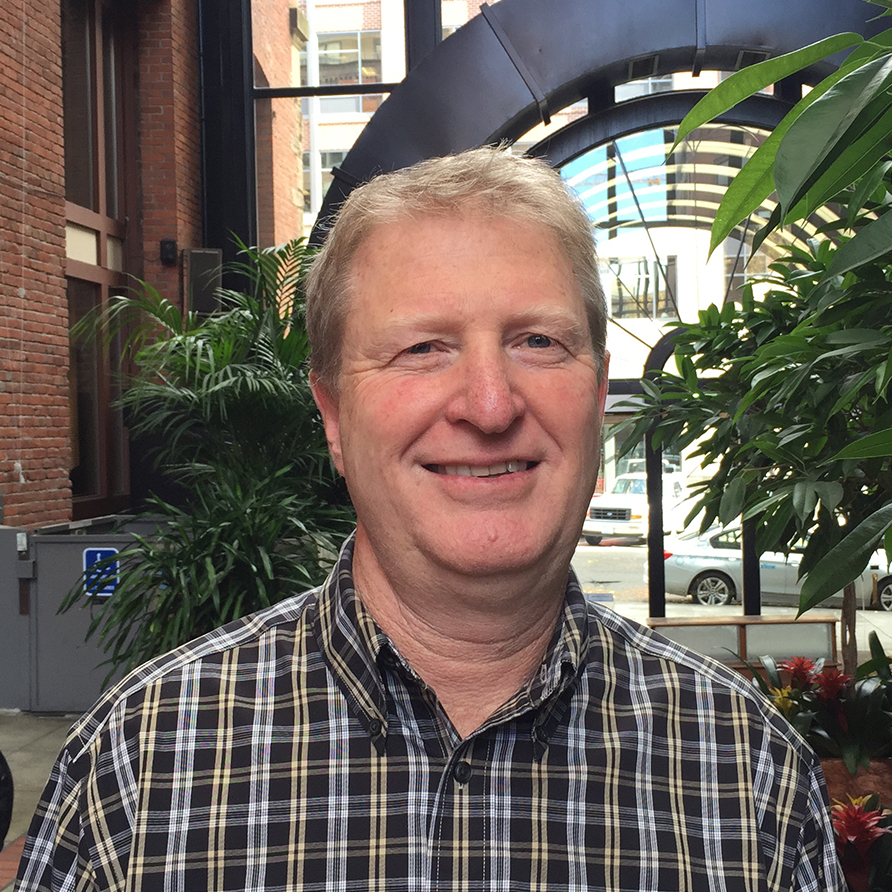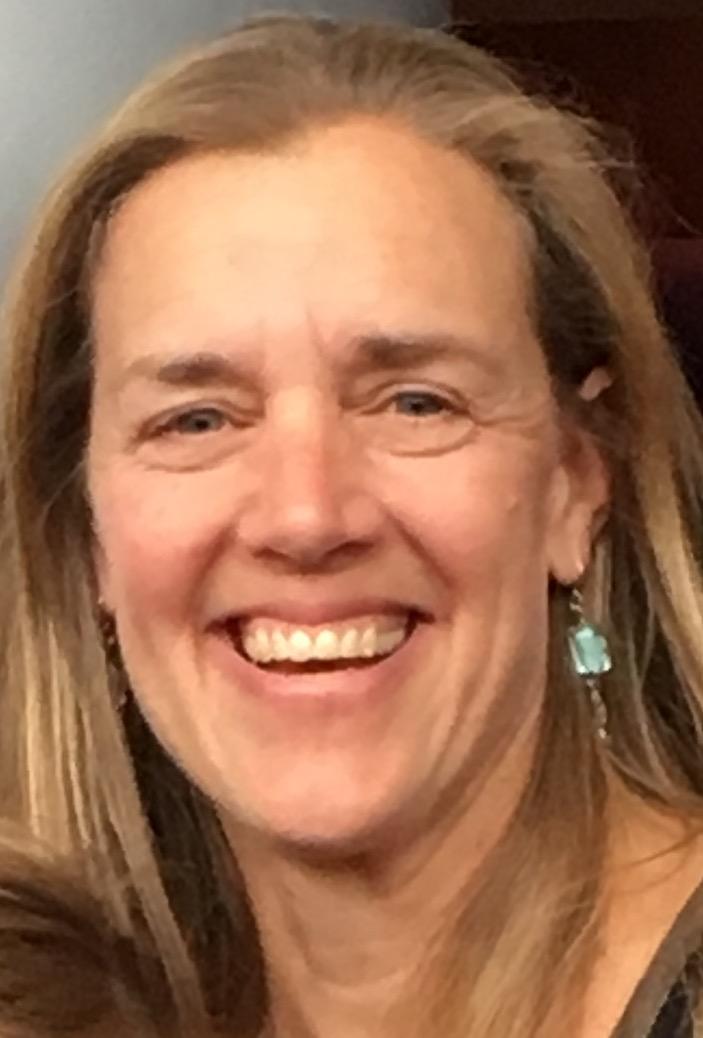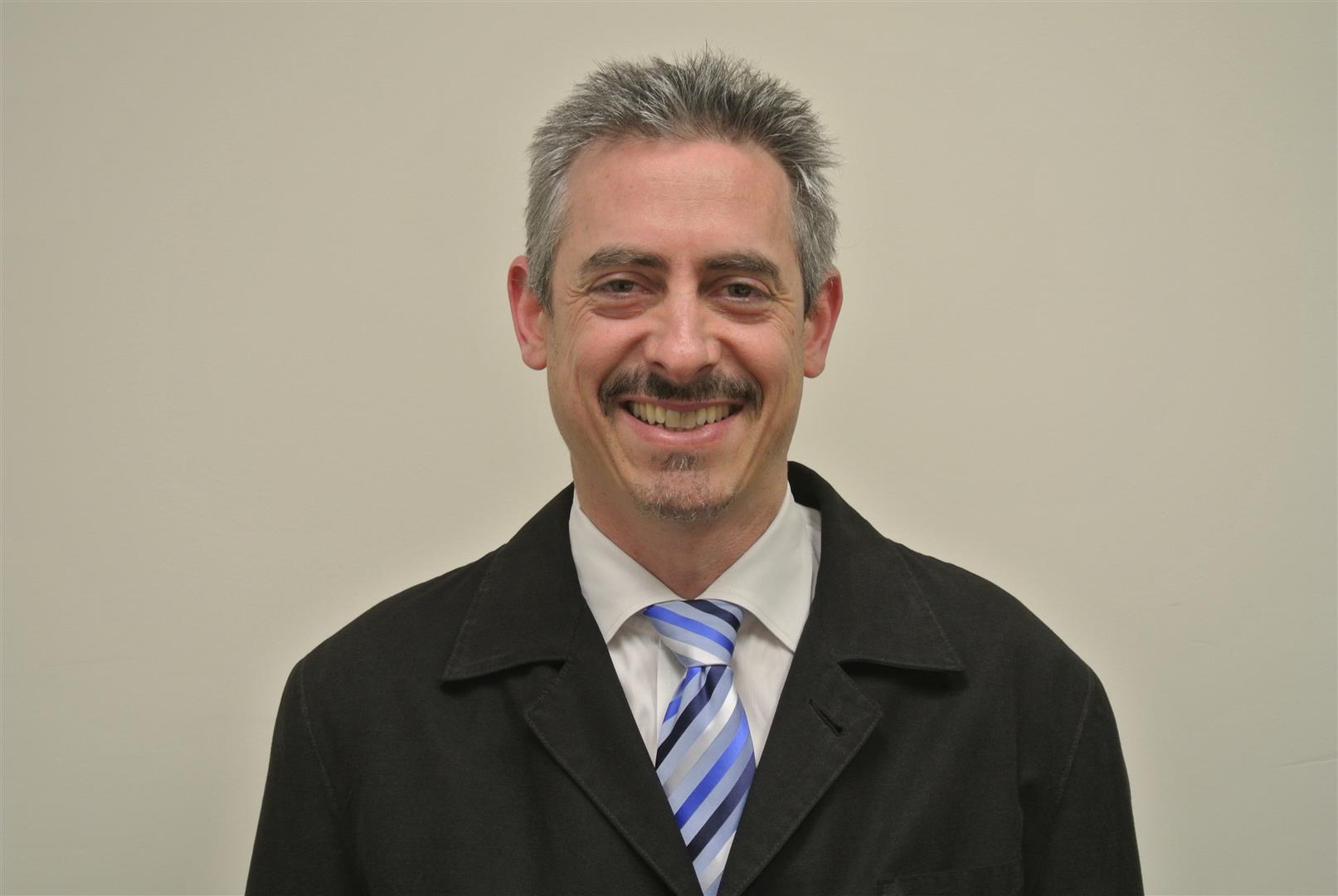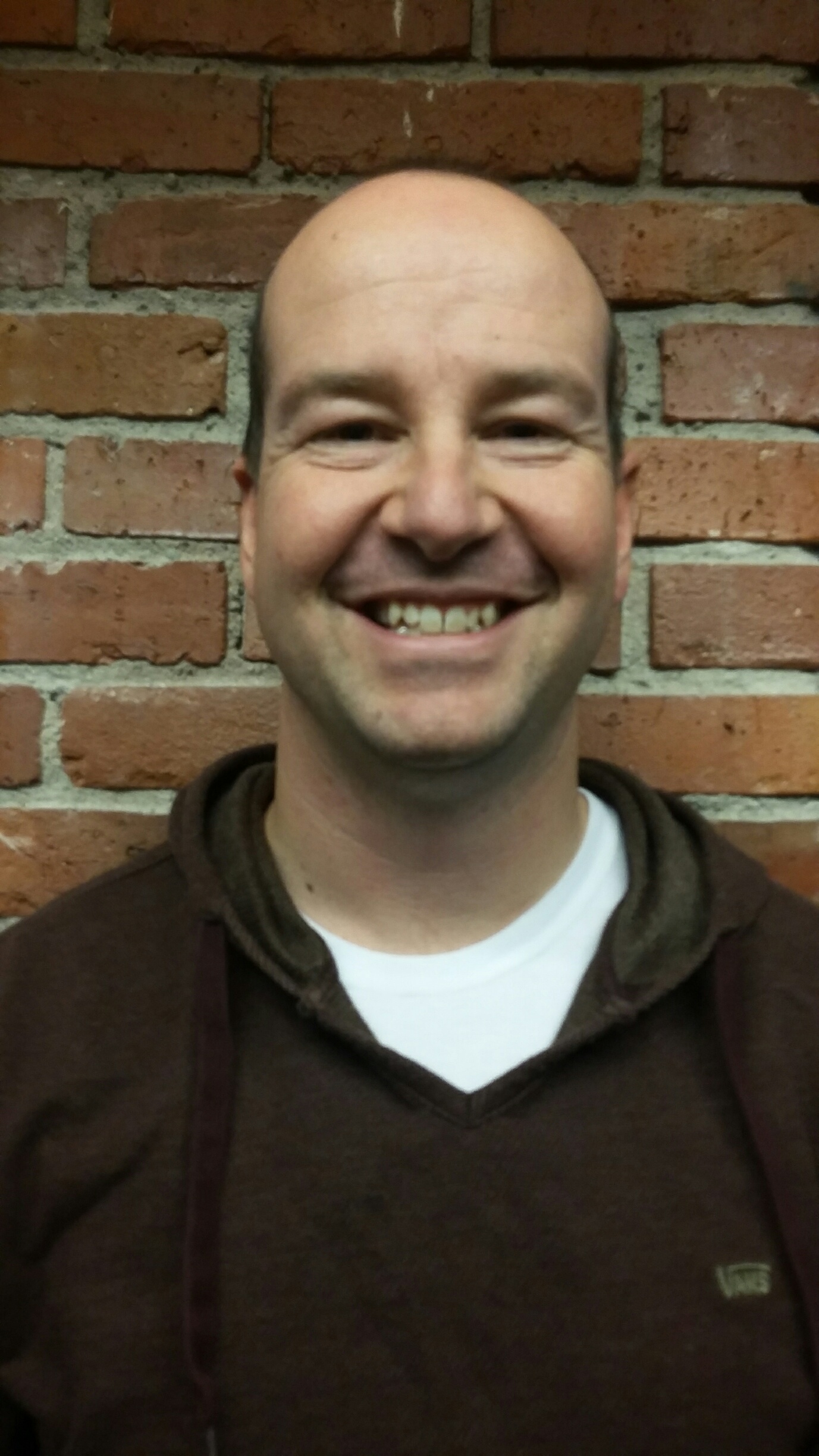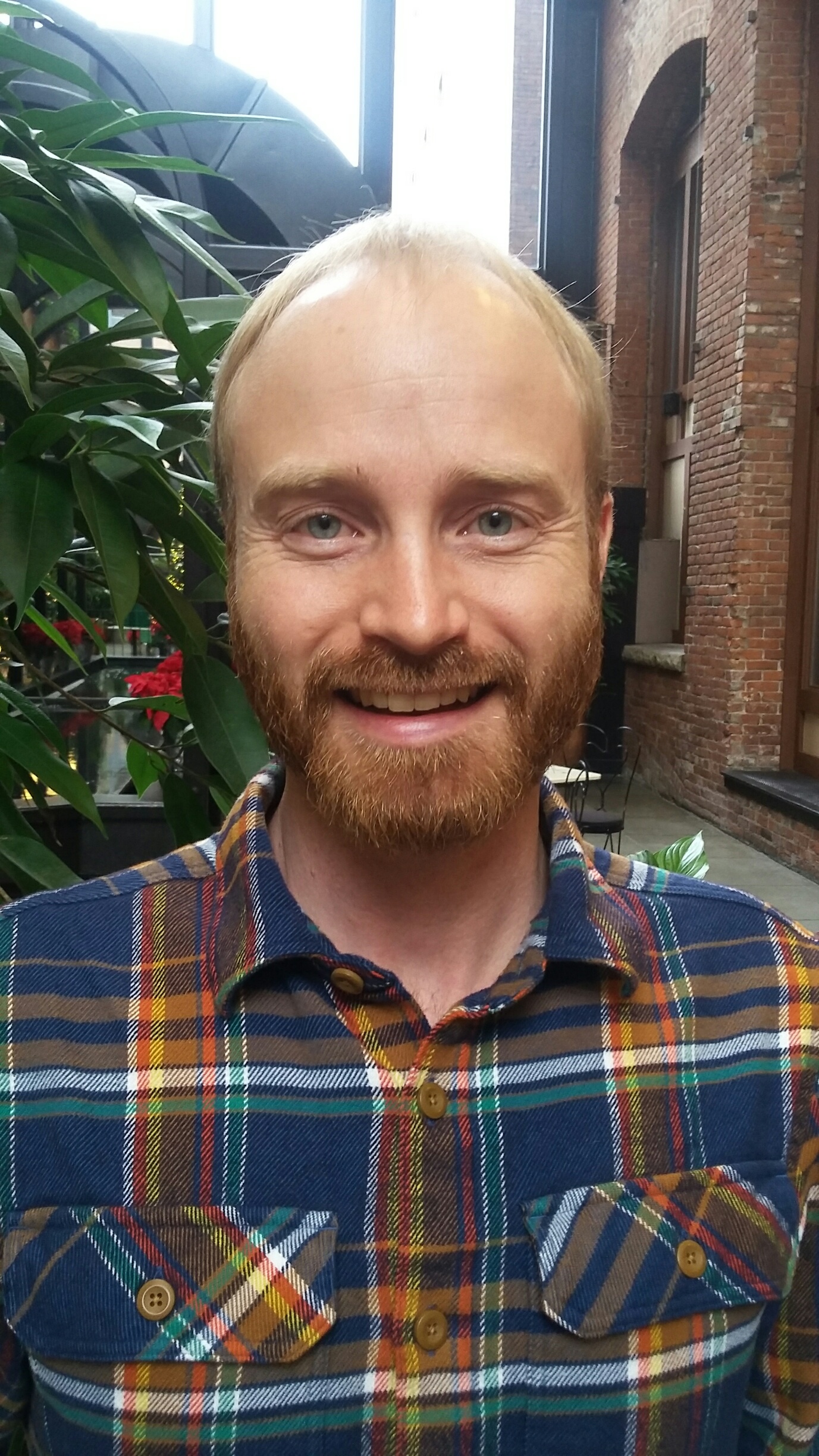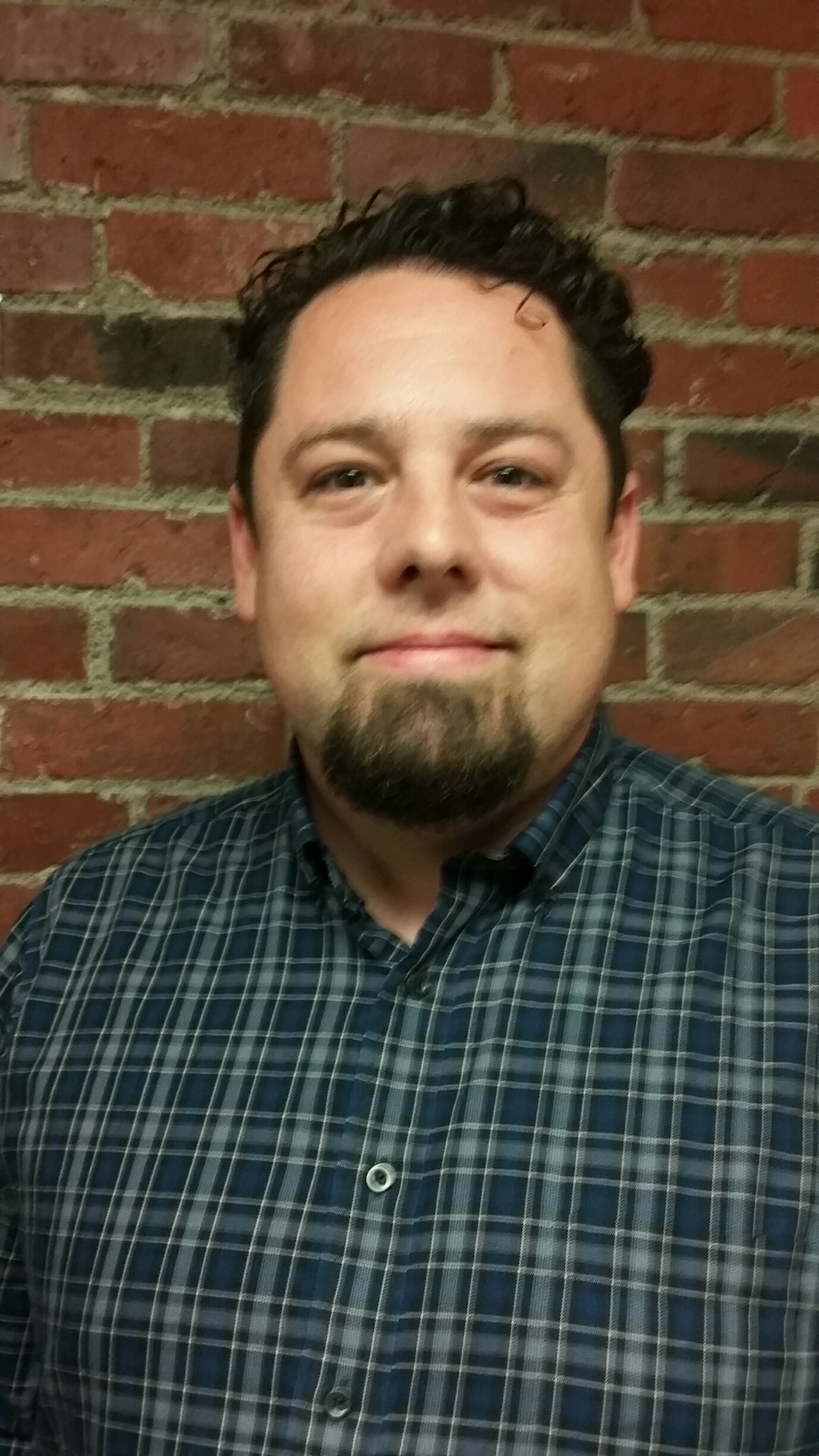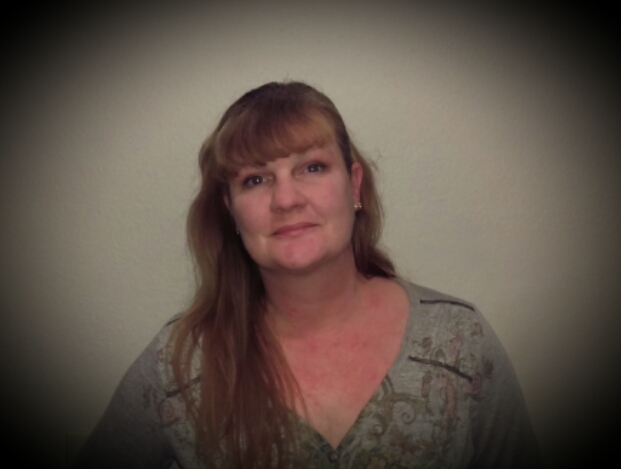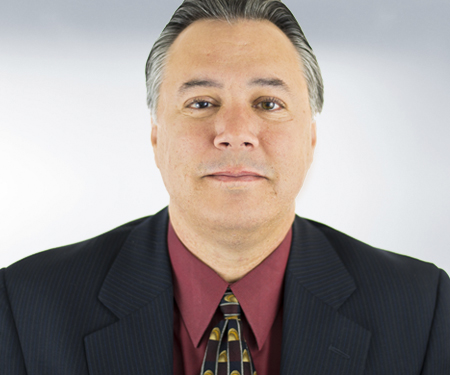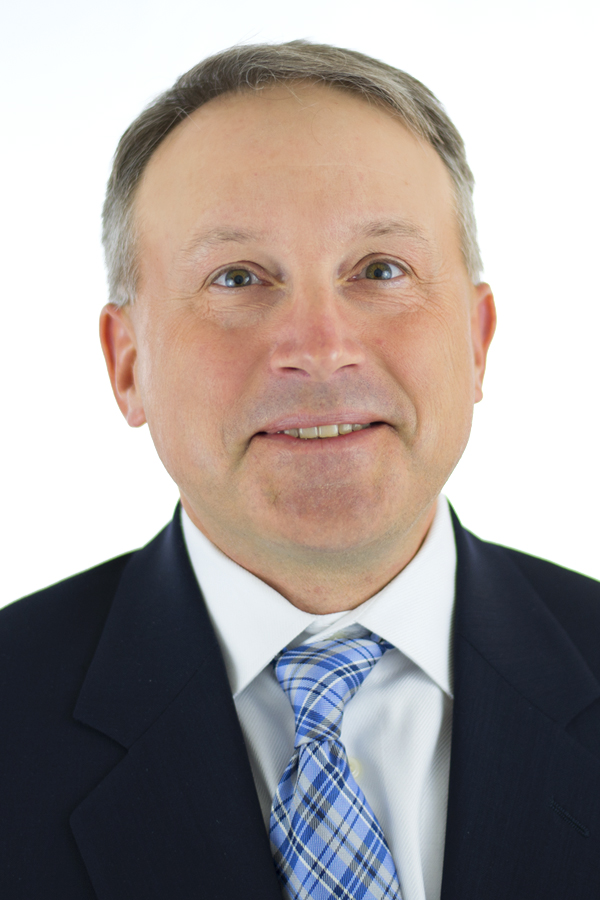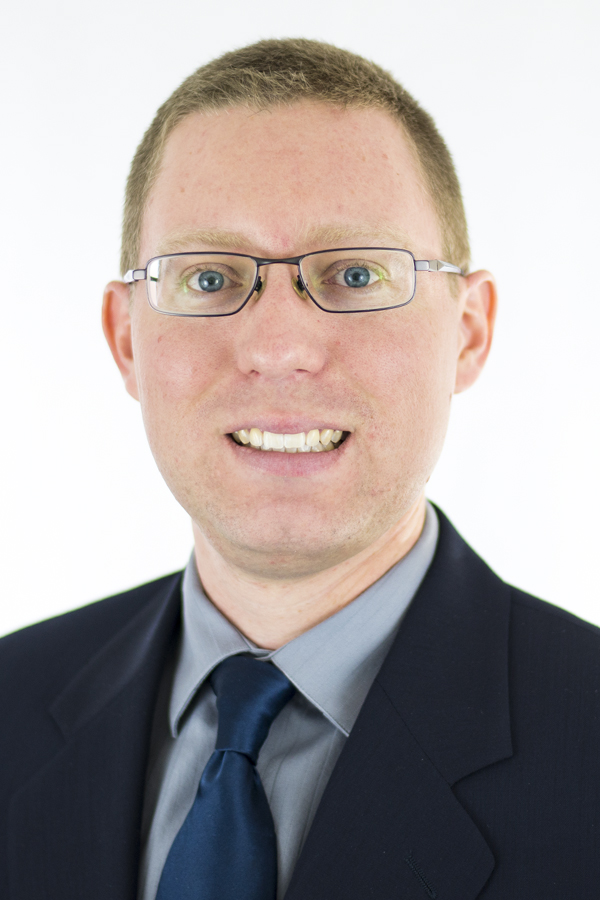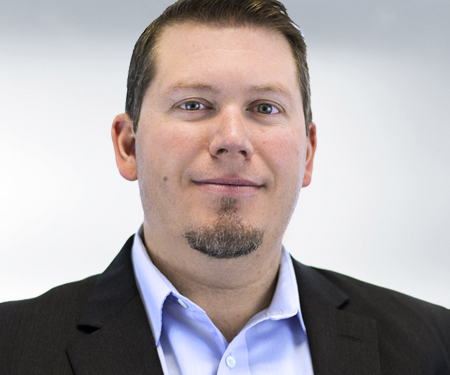In 1985 a US doctor and his wife traveled to the Northwest highland area of Guatemala, where they observed areas of extreme poverty and little infrastructure. Dr. Leeon Aller, MD and his wife Virginia soon decided to dedicate themselves to helping this region and in 1991 established Hands for Peacemaking Foundation (HFPF), based in Everett, Washington. Going strong in 2017, the Foundation provides infrastructure and other support services to over 250 villages in this mountainous area, where running water and electricity are the exception and having clean drinking water can be a daily struggle for villagers.
For many years, Aspect has been supporting HFPF efforts to help some of the area villages solve water supply challenges and also provide geological assistance with the landslide-prone environment these mountain villages exist in.
The Water Story of San Francisco JolomtaJ
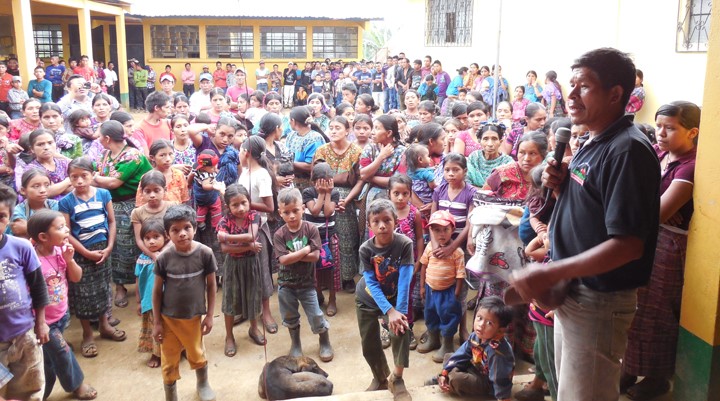
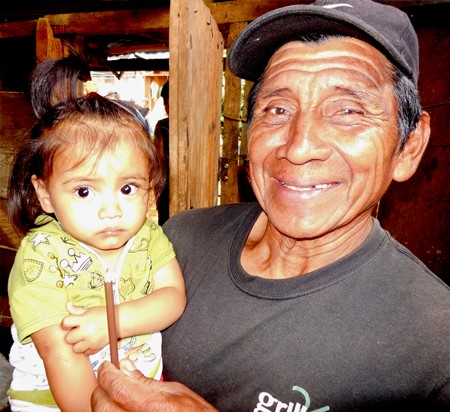
Located 10 miles from the nearest town of Barillas, San Francisco Jolomtaj is home to 160 families and does not have electricity or running water. For drinking water, the villagers have a choice -- they can build wooden boxes like that pictured below or walk to a spring to get and carry back water (this can mean a 4-5 hour round trip trek).
Existing wooden box water supply for the village
Villagers trekking back up the mountain with water from the spring
To help this situation, Aspect and others are funding construction of rooftop rainwater collection system for the community school and individual families—primarily widows and the elderly who struggle to get water for themselves.
San Francisco villagers loading supplies to build the tank system
Family and finished water tank
HFPF partners with the villagers to build the water systems. These systems don’t replace the spring sources, but they do provide critical water emergency supply and are filtered to block contaminants. The work in San Francisco is currently ongoing, with additional collector and tank systems constructed as funding allows. You can learn more about this project and other humanitarian projects by visiting the Hands for Peacemaking Foundations website.





















